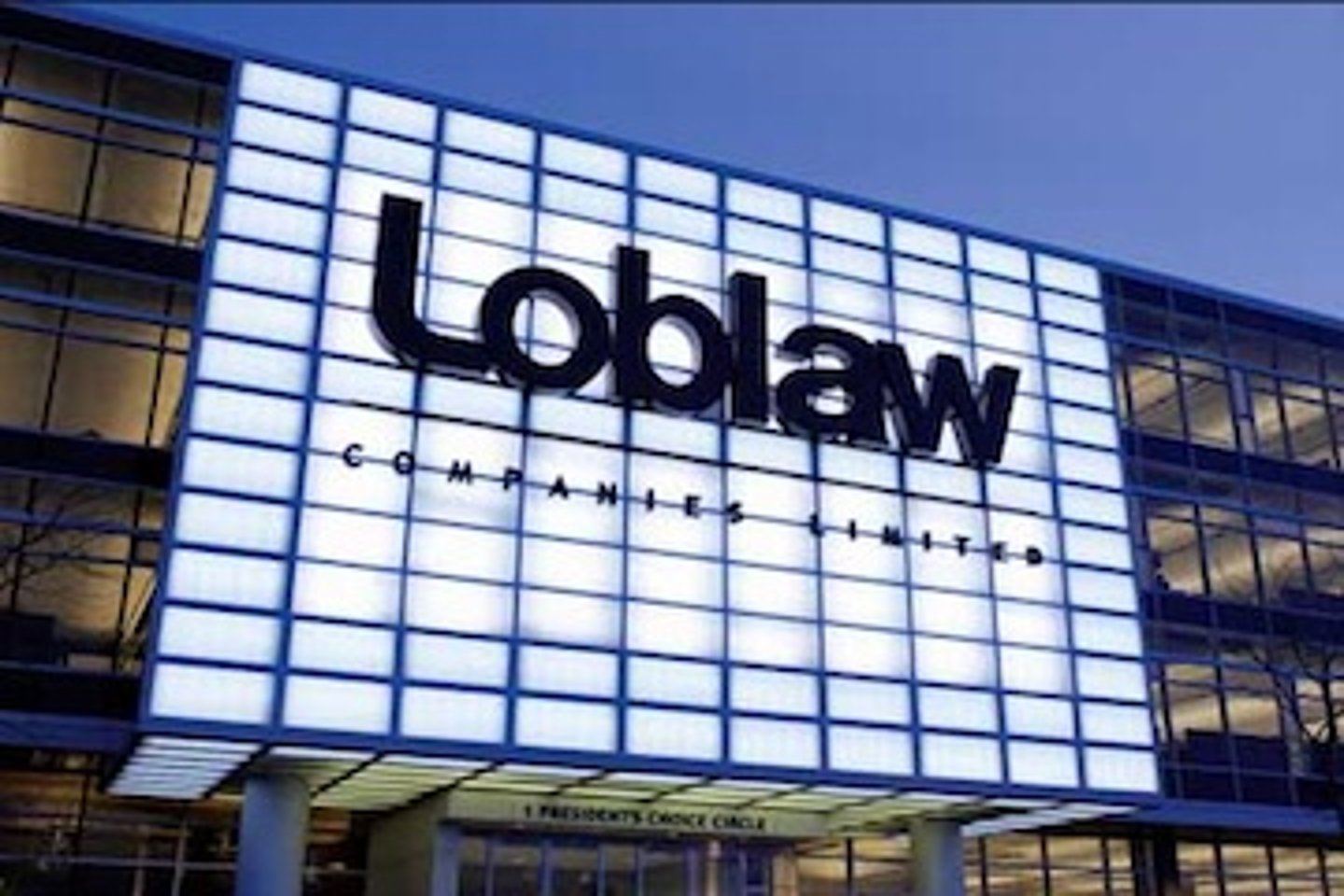Loblaw on how tech is transforming grocery
The industry is in a constant state of flux. Technology is changing at a dizzying pace, and with it, customer behaviour and expectations. And, it's touching all areas of the grocery business from customers to colleagues.
This was the overarching theme of a presentation delivered by Garry Senecal, chief customer officer at Loblaw Companies Limited, at the Groceryshop conference in Las Vegas Monday morning.
Technology, he said, is changing the way customers browse, how they purchase their groceries and the immediacy in which they expect their orders to be delivered. And just as companies feel they have one facet of technology and innovation figured out, that technology evolves and consumers pivot.
READ: Digital strategy paying off for Loblaw
Loblaw, for instance, was comfortable with its online experience when shoppers started to shift to mobile, he said. By next year, Senecal explained, 70% of the company's e-commerce business will be done on a mobile platform.
Advances in technology have opened the doors to new competition. Consumers are comparing e-commerce experiences across all sectors and not just grocery chain to grocery chain. If a consumer has had a near flawless experience with a clothing retailer, they expect the same from all retailers, food retailers included, said Senecal.
"We’re being forced to compete with all avenues against best in class," he said. "It’s forcing us to think differently."
A better, more personalized experience requires shopper data. "Customers now realize they have to share data and the more they share the better the experience ... and they expect us to use it properly."
Just as technology has impacted the way we shop for groceries, it has also changed the nature of the workforce, said Senecal. Loblaw has hired 1,000 new "data colleagues" in the last year and has committed a quarter of a billion dollars over the next five years to ensure workers are ready for upcoming changes.

